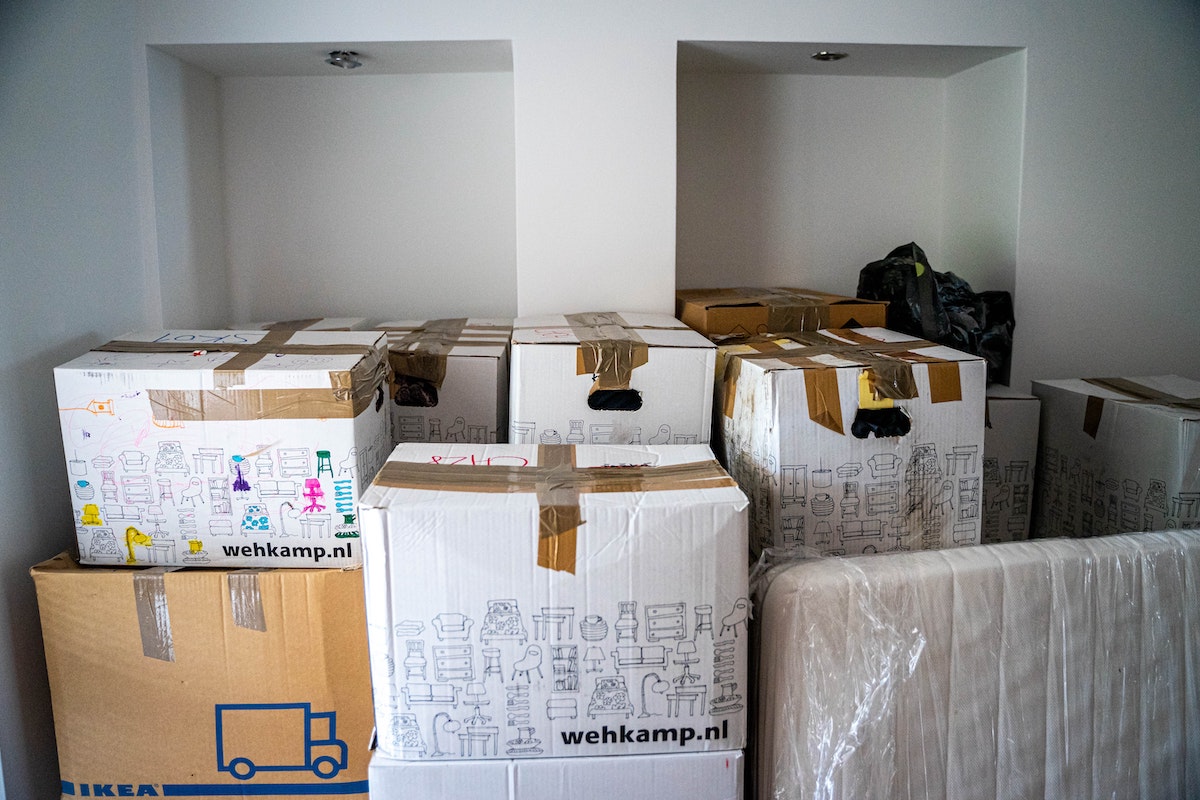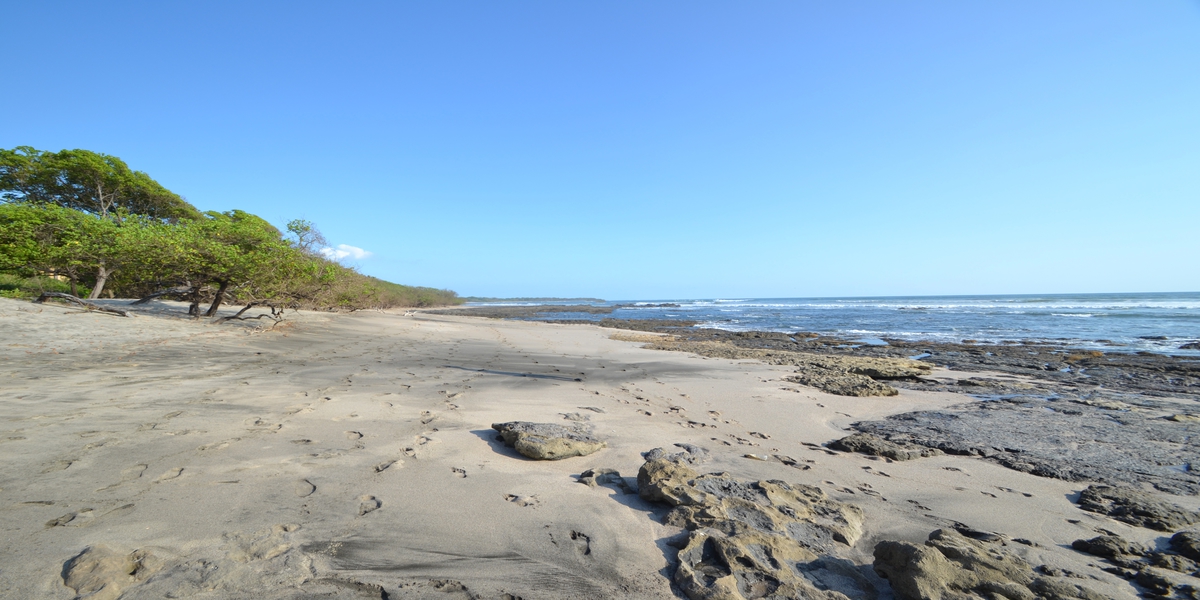
So many people come to us and ask "how do I move to Costa Rica?" or "is it possible for me to move to Costa Rica?" Whether you're ready to move to Costa Rica tomorrow or are just mildly curious about the tropical lifestyle, it's helpful to have accurate information about the cost of living, healthcare, residency requirements, culture, safety, and a multitude of other subjects. Check these FAQs to gain a clearer picture of moving to Costa Rica.
What about residency?
This is one of the first questions we get. If you want to live in Costa Rica you should become a legal resident. Those who enter Costa Rica as tourists are usually allowed to stay 90 days. At the end of that period, they must depart Costa Rica for at least 72 hours. After that, they can return for another 90 days. Some international residents have legally lived for years in Costa Rica by leaving every 90 days. Others chose to become residents, and residency has its advantages. In addition to avoiding an exit every three months, legal resident status facilitates many aspects of daily life in Costa Rica: bank accounts, driver's licenses, health care, large purchases, and legal matters. Therefore, anyone considering moving here should consider applying to become a legal resident of Costa Rica. There are four programs to become a resident, and each has a specific requirement. They are (listed according to their names in Spanish):
- “Inversionista” (investor)—requires a business or real estate investment
- “Pensionado” (retiree)--requires a pension or other retirement income
- “Rentista” (legal resident)--requires savings or guaranteed non-salary income
- “Vinculo” (marriage or family)—marry or be related to a Costa Rican citizen
What is the cost of living in Costa Rica?
While the cost of living in Costa Rica is higher than in other Central American countries, that additional cost buys you a better lifestyle: superior healthcare, a more modern infrastructure, and products you may need or desire, if those are priorities for you. Your cost of living in Costa Rica depends almost entirely on two factors: what part of the country you choose to live in and the lifestyle you maintain there. Locations near the beach are more expensive than the mountains, and cities cost more than rural areas. If you eat all the same foods in Costa Rica as you did back home, your grocery bill will be higher because now all those foods are imported. But, if you enjoy the fresh fruit and vegetables that are locally grown, you can enjoy substantial savings. And the cost of living is relative. If you leave Manhattan or San Francisco to move here, Costa Rica will be a bargain by comparison.
Can I work in Costa Rica?
Costa Rican law allows foreign residents to start and own a business that employs Costa Ricans. Many expats own and operate restaurants, construction companies, and other commercial enterprises. In fact, investing in a business is one of the ways to obtain residency. But the law also protects Ticos' jobs. You may not be allowed to work at a job that a local could do. Another viable option is to work remotely for a company based outside Costa Rica. The Covid-19 pandemic has taught us that any place with Internet service can be an office. Costa Rica recently passed new laws that allow digital nomads to stay longer than the standard 90 days that tourists are given, so it's even easier to work from home in Costa Rica.
Is Costa Rica safe?
Costa Rica is one of the safest countries in all of Latin America, but petty theft is commonplace. You cannot leave all your belongings laying around the yard and the keys in your car in the driveway or leave your house alone for extended periods. Maybe you can where you come from in North America or Europe, but thieves will take advantage if you are careless in Costa Rica. Violent crime is much less common and is usually related to the drug trade or personal conflicts between romantic partners or neighbors.
Can I get healthcare in Costa Rica?
Costa Rica's national healthcare system is modern, and anyone, including foreigners, can enroll. The affordable monthly rates are based on income. You may have to wait a long time to see a specialist or have a procedure performed, but at least they are available within the system. Every small town has a local clinic, and the larger cities have regional hospitals. Both public and private hospitals are well equipped. If you prefer to pay for your healthcare as you go, out-of-pocket costs are acceptable. Another option is to purchase an international insurance policy that will cover any medical needs that arise.
If I move to Costa Rica, will I like the culture?
Costa Ricans, affectionately known as Ticos, are hospitable and helpful to foreign visitors and residents. They are proud of their country and culture and want to share it with others. Ticos are known for their easygoing attitude and lifestyle. Some foreigners easily adjust to the slower pace of life. After all, that's why they moved to Costa Rica—to live a simpler, calmer life. Other foreign residents find it frustrating when they try to get things done. The “I'll do it next week” line gets old when you are waiting for work to be done.
Do I need to learn Spanish?
In the regions that are most popular with foreigners, you will find locals that speak English. Many professionals—doctors, lawyers, dentists—speak English, and it's common to find English speakers in stores, restaurants, and banks. So, learning Spanish is not essential to enjoying your life in Costa Rica. Nevertheless, learning at least some Spanish phrases will make your life easier and will be greatly appreciated by the Ticos you encounter.
These FAQs provide a general overview of life in Costa Rica. Relocation consultants like Path to Pura Vida can provide additional assistance to help those moving to Costa Rica to have a successful transition.






